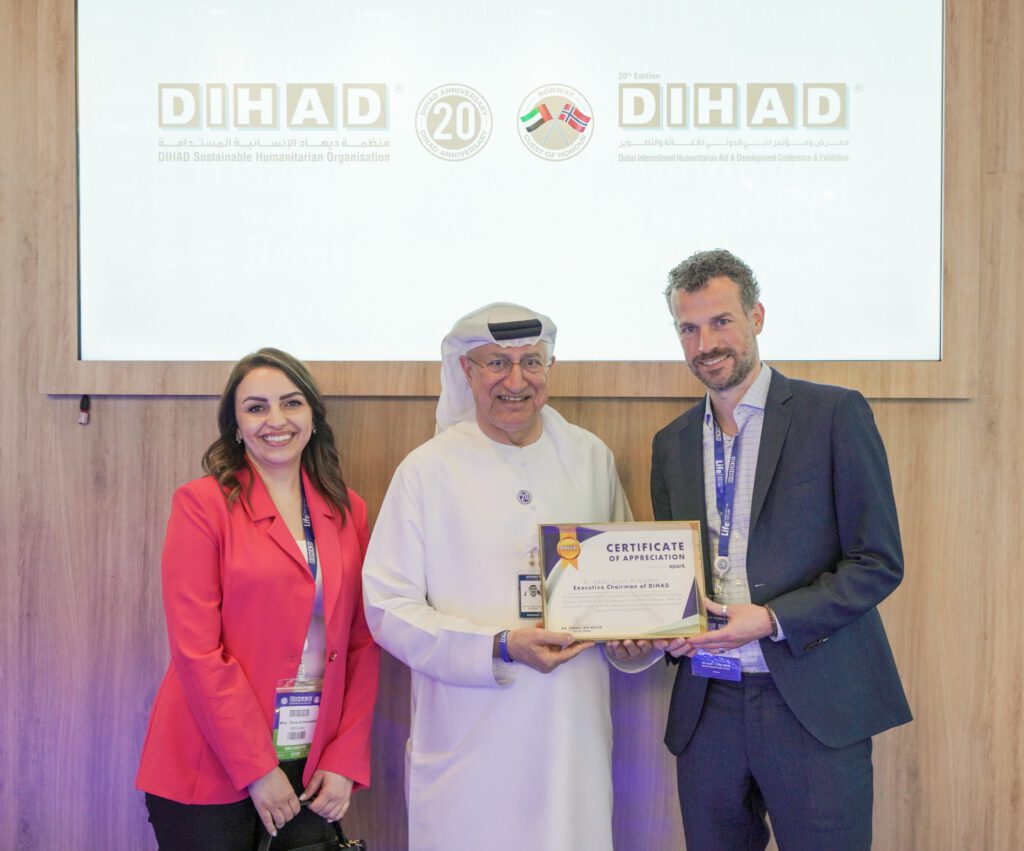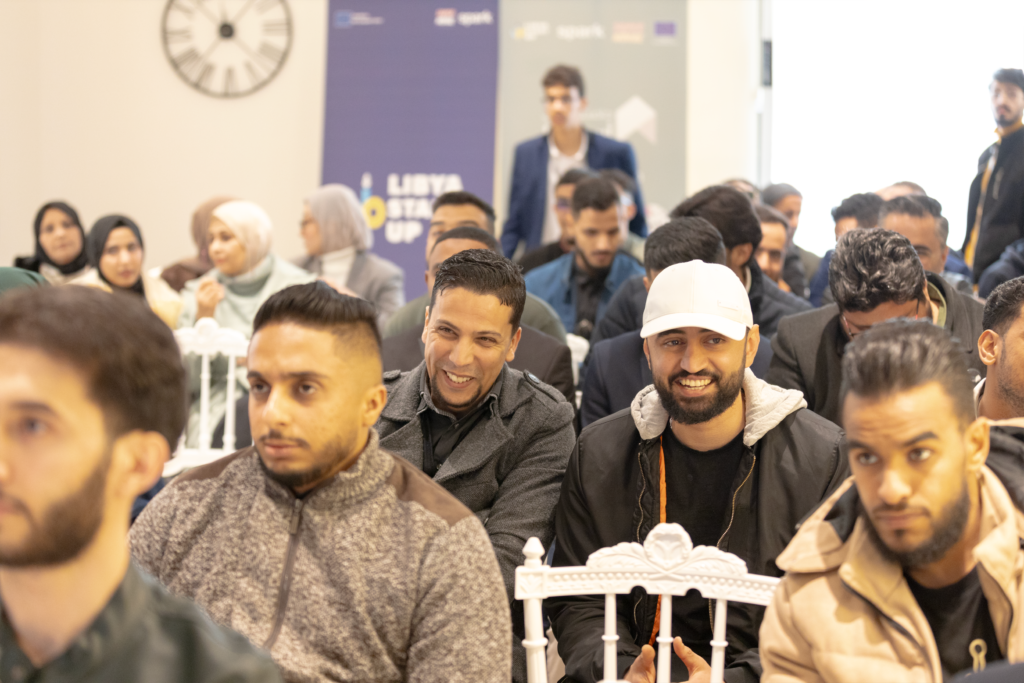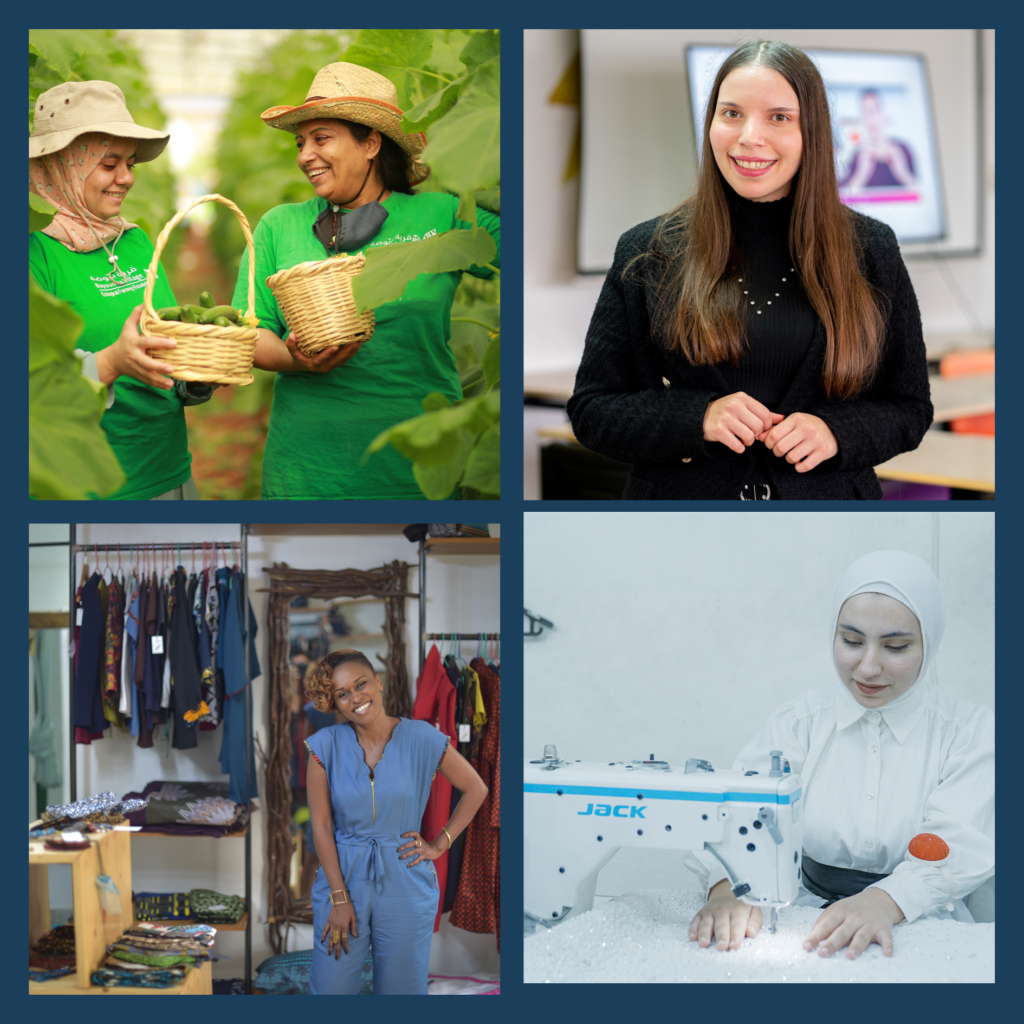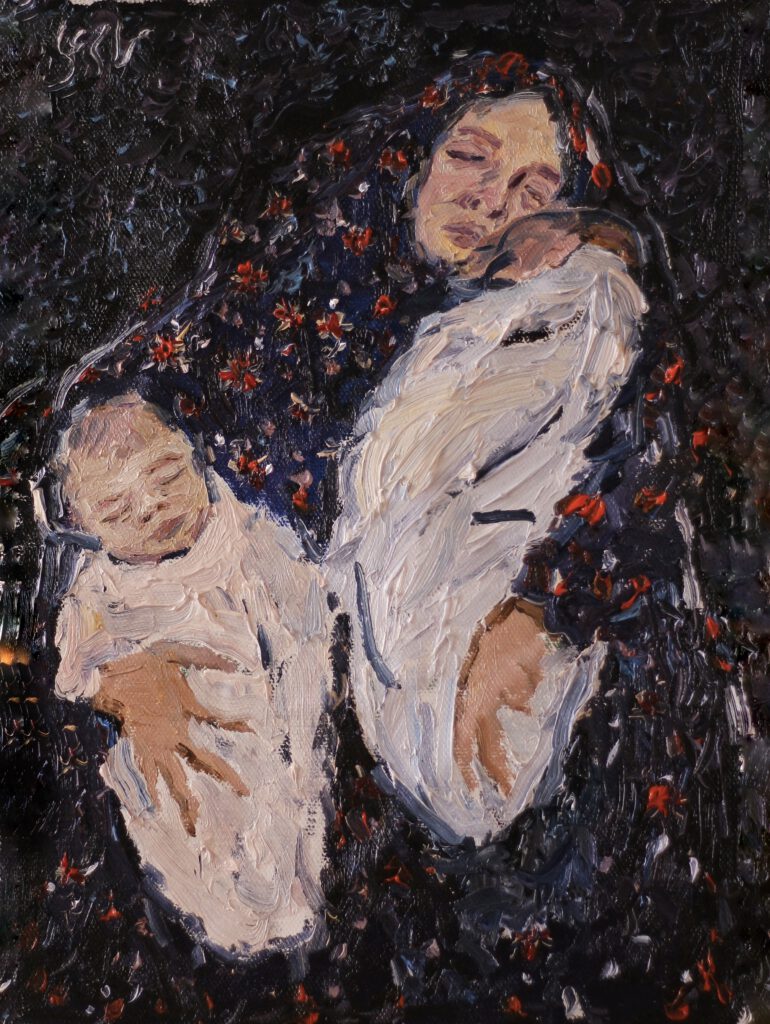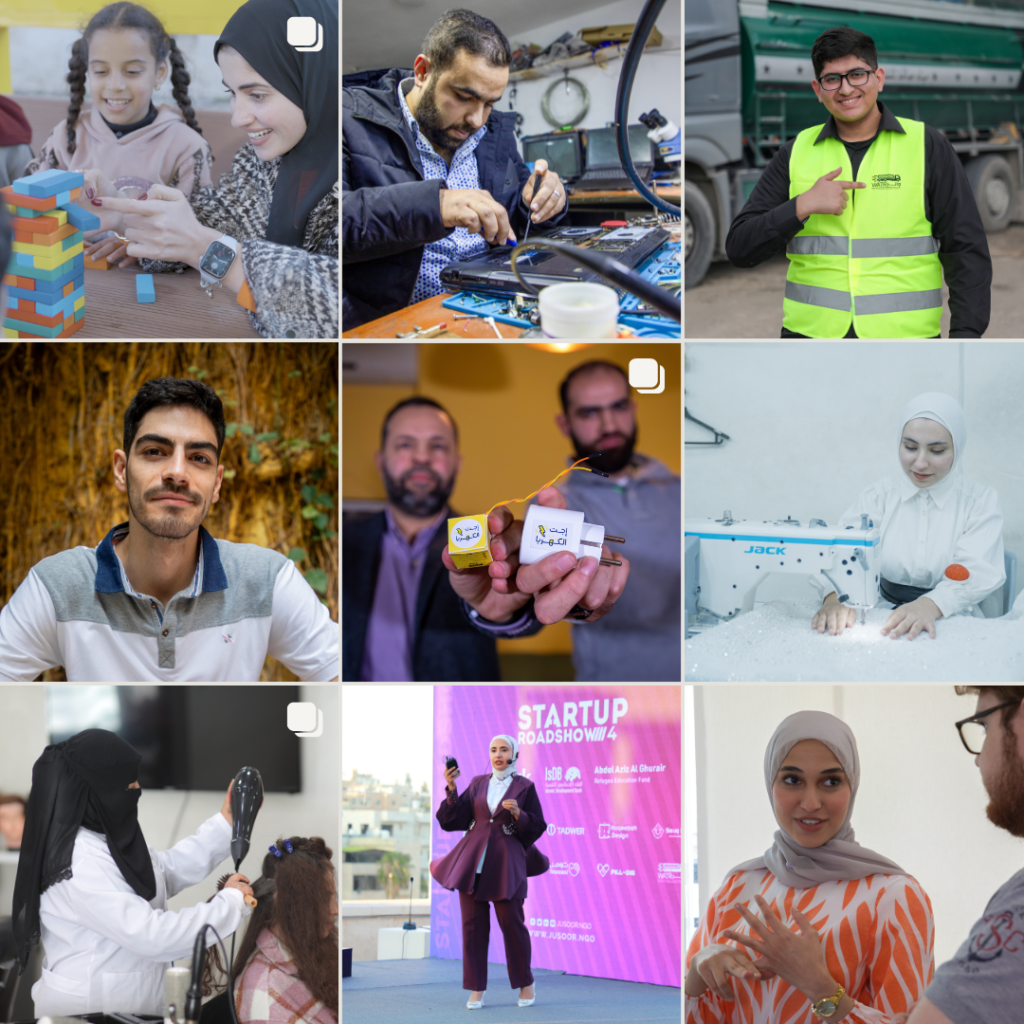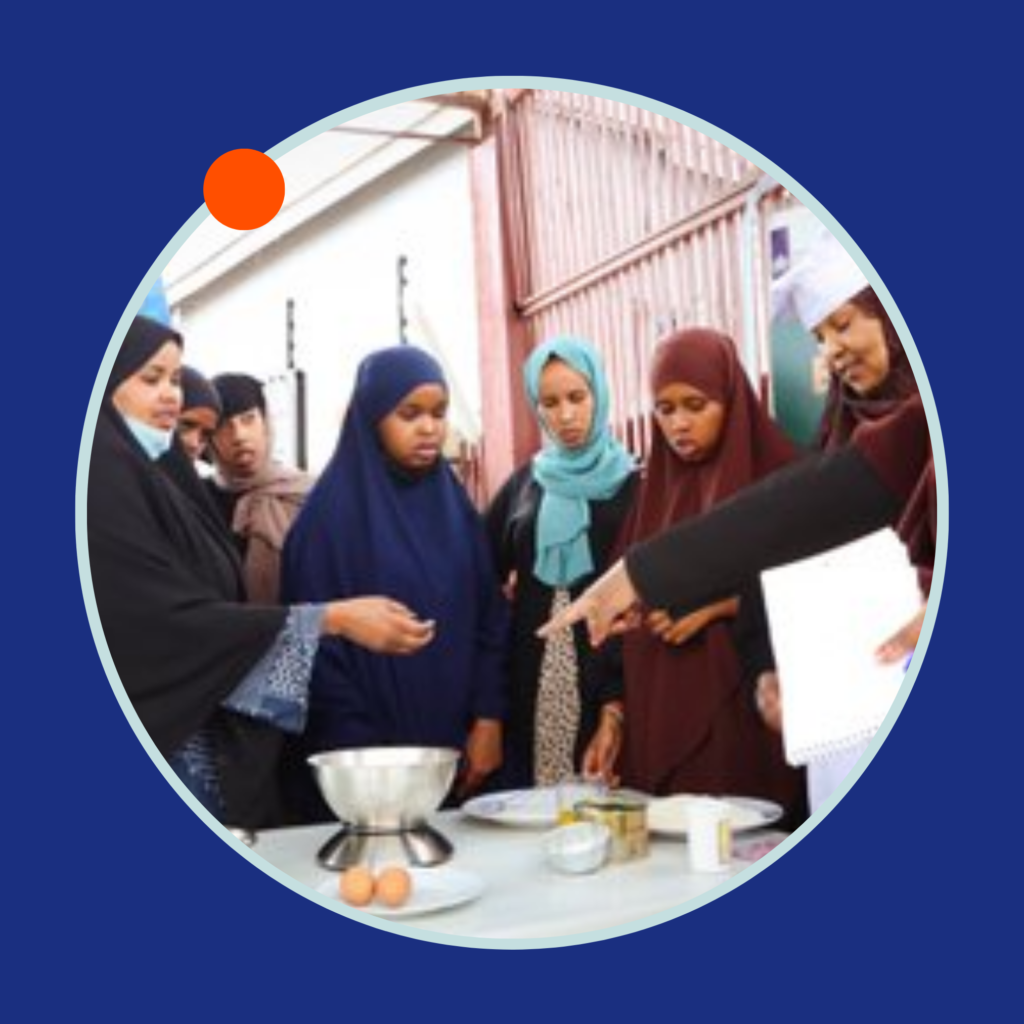Addressing drivers of radicalization: social and economic marginalization
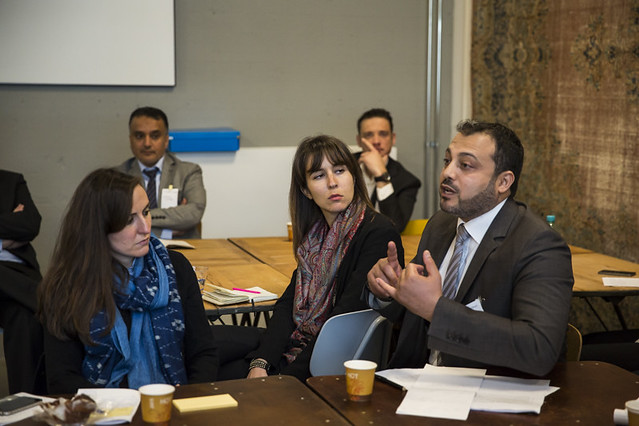
When working towards more peaceful, secure and fair societies many difficult contexts and choices are confronted, especially in conflict affected regions. This was the theme of the Knowledge Platform: Security & Rule of Law’s annual conference, a network of communities working together to create practical knowledge for policy making. SPARK, with its expertise in fragile states, was invited to host a debate on the topic of radicalization: its causes and solutions. The debate which unfolded covered the radicalisation narrative and the need to understand the individuals behind terrorism.
The Experts
SPARK invited its partner SESRIC (Statistical, Economic and Social Research and Training Centre for Islamic Countries) to discuss their work promoting cooperation across Islamic countries. SESRIC’s manager Mustafa El Sagezli, an active voice for democracy in the Libya and across the Islamic world, gave some unique insights into the role of western intervention on stability in the region. Also present was his colleague Fadi Farsin, Yannick du Pont SPARK director and Pauline Van Aarten, a researcher from Tilburg University who is studying the psychology behind radicalization, a pioneering area of study.
Causes of radicalisation
Van Aarten pointed out that radicalized people are seen as victims from an academic perspective as people can turn to terrorism to better make sense of their lives. The kinds of terrorism we see today, not only in the Middle East, are consequences of cultures being trigged by increased western intervention. Sagezli discussed the history of Libya as an example. Overwhelmingly Islamic countries feel that Western powers are not considering the long term when they only communicate with pro-European governments in the region, often at the expense of excluding other parts of society. It must be recognised that often these governments do not have any presence beyond the major cities and therefore western powers can alienate groups. For SESRIC the lesson here is that everyone should be included in state formation in order to vaccinate against radicalisation.
Farsin was in agreement and explained how often Islamic cultures, because of their rich history as the cradle of civilization, feel a lot of disappointment when they make comparisons with their current development. However, Farsin also argued that radicalisation is not only a product of economic exclusion but also political, many indexes which show Syria’s economic and educational development were relatively good for a developed country prior to the Islamic state, yet despite this many youths do not trust the political system and fell excluded. It was agreed that understanding the narrative of someone going through radicalization requires more study and attention but that this is not easy because these can be dangerous places to work.
Solutions to radicalisation
For Du Pont the inter-connectedness of recent terrorist attacks demonstrates a common problem and that, although issues of generalization were raised, we do need to start working globally to share solutions. He argued that development workers need to take more risks working on the ground in order to reach out to radicalized groups. Van Aarten has found that working with de-radicalised groups can help by showing that people can still be integrated back into society. For SESRIC the role of women was important to study as they can be both a risk, as well as a protective, factor. The audience were also interested in looking at the role education can play and SESRIC agreed that Islamic education desperately needs reforming. In addition to this the UN has estimated the MENA region requires an additional 50 million jobs in order to create a vibrant economy, to which he added a cultural change is needed which values entrepreneurship more. The debate concluded with a discussion of increased connectivity; how increasingly actions in one country can be felt in another and that global actors need to recognise that we are increasingly living together in a global village.
Related news
-
![]() News
NewsExploring careers and creativity: Ranya’s vibrant youth festival
-
![]() News
NewsNew Riyada Programme boosts services for Palestinian startups and Small and Medium-sized Enterprises(SMEs)
SPARK and the Arab Fund for Economic and Social Development have united to launch the Riyada Programme, a pivotal initiative…
-
![]() Event
EventIGNITE Istanbul Conference Addresses Building Economic Resilience for Youth in Türkiye and Jordan
Istanbul, Friday 17 May. The IGNITE Istanbul conference took place on Thursday 16th May in Istanbul, organized by SPARK, in…
-
![]() News
NewsPalestine Launchpad with Google is reactivated to support Palestinian youth and tech ecosystem
The Palestine Launchpad with Google programme launches its second cohort once again, offering Palestinian youth fully funded nanodegrees focused on…
-
![]() News
NewsDIHAD Conference: SPARK CEO advocates for inclusion of youth and early economic resilience building in crisis
-
![]() News
NewsAddressing skills mismatch in Jordan’s labour market through entrepreneurship education
Through the Economic Resilience programme, SPARK collaborates with three Jordanian universities to develop entrepreneurship curricula and train educators. Over 30…
-
![]() News
NewsIncubating businesses in Benghazi: New startup support builds Libyan entrepreneurship ecosystem
-
![]() Event
EventSTEP programme opens Asal Bazaar for MSMEs, supporting access to new markets
On March 1st and 2nd, 2024, SPARK and Sarh Group unveiled the Asal Bazaar at Mecca Mall, Amman, Jordan, in…
-
![]() Event
EventInternational Women’s Day: Invest in Women
-
![]()
Women’s Day: The disproportionate impact of Gaza war on women
-
![]()
The Skills Training and Education Programme: Supporting youth to have economic impact in Lebanon and Jordan
-
![]()
Driving Innovation in MENA: Highlights from the 2nd Regional Stakeholders Event
-
![]()
Impact Report: Positive increase in youth and women employment, reduction in desire to migrate





